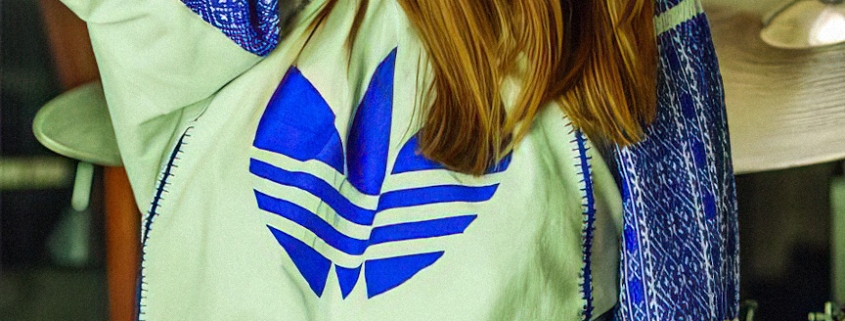PRET-A-LUTTER
Cătălin Rulea
Curator: Alexandru Bălășescu
STATEMENT
Clothes speak to us through different channels about complex social practices, about individual and collective identities, about different ways of understanding the same sign (in the sense that each element of a garment as well as the whole garment constitutes signs) and, consequently, about the ideological basis of the person who wears a garment, but also of the one who deciphers, in his own key, that garment. Thus, clothing, like any other sign, can contribute to mutual understanding or to fundamental misunderstandings justified only by the form of interpretation and not necessarily by the intention of the wearer. For example, not every woman wearing a Muslim headscarf is an Islamist militant, but for an a priori anti-Muslim and uninformed ‘reader’, she may become so during the ‘act of reading’. The same thing can happen with any other type of clothing or sign, and that’s why Google AI is a good starting point for a visual meditation on this topic.” (Alexandru Bălășescu, anthropologist)
“From the beginning, the ‘Prêt-à-lutter’ project wanted to ask more questions than to provide answers. The art always seemed more interesting to me when it offered alternative answers and possibilities of interpretation. A film that has a definite, predictable ending, no matter how well done, has always left me with a depressing void. The approach started from a fairly simple observation: while we are experiencing a de facto globalization, through technological advancement, communication and the possibilities of travel, the concept of people and nation still remains strong or maybe, on the contrary, clings desperately to the last buoy to survive. Is there life after nation? Will globalization lead to a global community (a people of the Earth, to call it poetically) or, conversely, will lead to small communities, describing a process that in physics and astronomy is defined by the Big Bang, a process of expansion and repetitive coagulation? ‘Imagine all the people,’ the song says. Can we imagine? Will the traditions survive? Is it bad or good that we adhere to some European and then global values? How open must we be culturally? How important is identity? Which identity is more important? Are we defined by our culture, financial status, education, family, political beliefs so as to generate communities within the nation or transcend the nation through how we identify?

